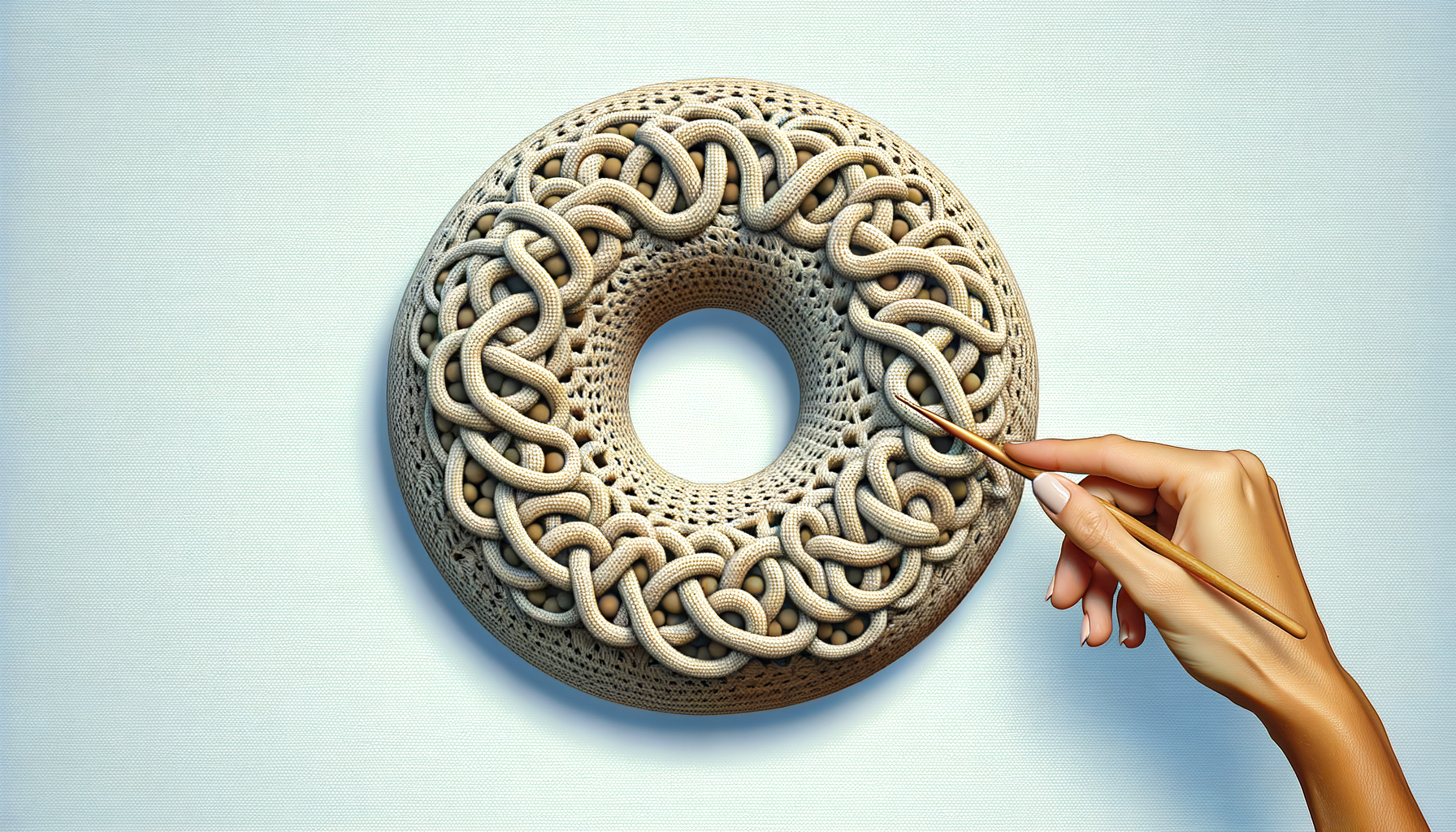Home Is Where the Baguette Is: Battling Nostalgia and Eye Rolls in Equal Measure
Growing up, Montreal felt like the center of the universe. The Plateau-Mont-Royal, with its spiral staircases and endless cafés, was a bubble of bohemian charm I didn’t think I’d ever outgrow. But then I did—or at least I thought I did. My love/hate relationship with home is a bit like dating someone so familiar, you know exactly what they’re going to order at brunch (and also exactly what argument they’ll start by dessert). It’s comforting. It’s predictable. And sometimes—just sometimes—it drives you up the wall.
How It All Began: Romance in the Plateau
Growing up in Montreal, my childhood was romantic in the way only a tourist brochure could capture. Picture this: snowy mornings walking past boulangeries on my way to school; lazy summer afternoons watching street performers in Old Montreal; crisp autumn evenings spent deciphering Michel Tremblay plays in French class. Home had all the magic of a first crush—a little unruly, deeply mysterious, impossibly charming.
But even young love has its quirks. While my friends across Canada grew up with malls and Mike’s Hard Lemonade, I was sipping watered-down vin rouge at family gatherings and being lectured by my father about joual (the colloquial French of Quebec). Montreal is strange that way—it has this deep-seated charm, but it prides itself on making your life just a little difficult. There’s always construction. Always. On your street, ruining your commute, or both. It’s like the city’s version of a stubborn ex who texts you just when you’re moving on.
When the Honeymoon Ends
As I got older, I started noticing the little things about my hometown—the way you start noticing the flaws in a long-term partner after the haze of romance wears off. Sure, Montreal is effortlessly artsy, but the frigid winters? Brutal. Yes, the French-English fusion is utterly unique, but try explaining to an out-of-towner why half the signs say “Bienvenue/Welcome” while the other half snub English entirely.
And don’t even get me started on potholes. Montreal’s potholes aren’t just nuisances; they’re war stories. My first car’s suspension system fell victim to a particularly vicious one on Avenue Papineau. “It’s part of the charm,” my dad said over the phone. Sure, Dad. And heartbreak is part of growing, but no one’s writing odes to flat tires.
By the time I was in my early twenties and had spent a semester abroad in Paris, Montreal had started to feel a little too small. Paris had three-hour apéro sessions by the Seine, parties that spilled into sunrise, and the kind of effortless chic I’d only read about in Marguerite Duras novels. When I came home, Montreal felt like that childhood sweatshirt you still wear because it fits—but only just.
Love Is in the (Cold, Humid) Air
But here’s the ironic part: no matter how much I grumbled about Montreal, the city never stopped being mine. Yes, the winters are devastating, but they’re also gorgeous, with snow-covered Mount Royal looking like something out of Narnia. Sure, the bilingualism comes with a side of linguistic turf wars, but it also gave me the ability to swear fluently in two languages. (“Tabarnak” for high-impact rage; “fudge” for family dinners.)
And then there’s the food. Show me a global metropolis with bagels as controversial as Montreal’s, and I’ll show you a liar. (Listen, New York, it’s cute that you try, but ours are smaller, denser, and just… better. Call it cultural bias if you must.) And don’t even mention poutine—let me have this one thing without protest.
I realized that my love/hate relationship with Montreal wasn’t so different from the dating experiences we all cycle through. Falling for someone or something new doesn’t erase your past loves; it just re-contextualizes them. Paris taught me about elegance, yes. But it also made me realize how much I missed Montreal’s unpolished spontaneity. There’s a special kind of warmth to a city where you’re just as likely to find a poetry reading as a violinist busking in the métro.
So, Why Stay (or Go)?
The question of staying put or leaving is one that keeps coming up—in relationships, in life, and definitely in deciding where to call home. It’s easy to romanticize distant places or distant people. Sometimes, they are the dream. But sometimes, you’re just running from something familiar. And let me tell you, all the croissants in Paris could not fill the bagel-shaped hole in my heart.
The trick, I think, is reframing the narrative. Montreal isn’t perfect—not by a long shot—but I don’t need it to be. Love doesn’t have to be flawless to be real. Whether it’s a person or a city, the quirks you once loathed can slowly endear themselves to you—if you let them. Much like sharing the last fry with your partner, learning to love home requires both patience and compromise.
Takeaways for Anyone Struggling With Their Own Love/Hate “Home” Dynamic
If you’re somewhere between longing for a fresh start and clinging to what’s comfortable, here are a few lessons I’ve picked up along the way:
-
Appreciate the Little Things
Whether you’re stuck in snowy Montreal or blistering Los Angeles, every place has its magic. Lean into the smells, sounds, and quirks that set it apart. In my case, it’s the waft of butter and cigarettes (seriously) on boulevard Saint-Laurent after a night out. -
Change the Scenery Without Relocating
When burnout creeps in, consider a staycation. Explore a corner of your city you’ve ignored or revisit your favorite haunts with fresh eyes. One weekend rediscovering Vieux-Montréal cafes made me weirdly emotional—and, fine, slightly pretentious with espresso orders. -
Home Is a Vibe, Not a ZIP Code
Sometimes, it’s more about the people and smaller rituals than the physical geography. Community over coordinates, always.
The Big Picture: Bring Your Past With You
Ultimately, Montreal will always be a part of me. It taught me the beauty of imperfection, the appeal of fusion, and how to layer like my life depends on it (thanks, January). Even now, when I catch whiffs of melting snow or hear someone blurt out “’Scusez, pardon,” I smile.
Relationships are the same. You don’t need perfection to stay in love, nor do you need to burn bridges to grow. Whether it’s a place, a partner, or yourself—you can hold space for both love and frustration. And, who knows? You might just surprise yourself with how much love has been there all along.




















